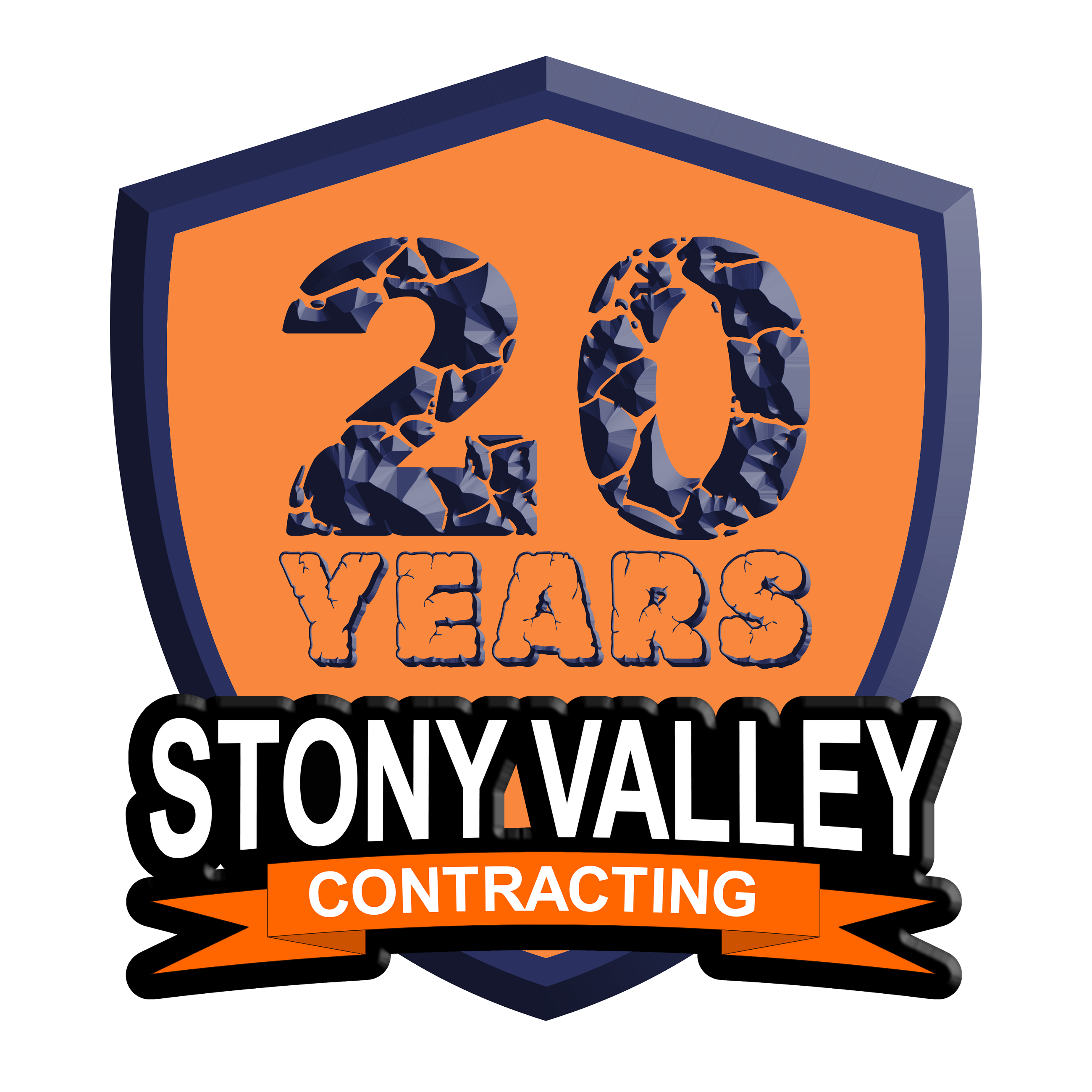money mattersTips for budgeting and saving your money
|
How much money do I need to retire?Do you have any idea how much money you’ll need to save to retire in Canada? Half a million? A million? Two million? How much you need to retire in Canada is as individual as you are. It all depends on the kind of lifestyle and retirement that you want. Will you be travelling around the world or relaxing at home? Do you intend to work into your 70s or are you hoping to retire before you hit 60? There are a number of theories for working out how much you need to save to retire comfortably:
Calculate your guaranteed retirement income The first step in knowing how much you need to retire in Canada is to add up all income, including any company or private pension plans, personal or spousal RRSPs, other savings, and annuities. Be sure to also include payments from the government – specifically the Canada Pension Plan (CPP) and Old Age Security (OAS). The amount you’ll receive from CPP will depend on how much you’ve contributed. The maximum is $1,154.58, but the average monthly payment in 2019 is only $664.41. Remember, you can increase the amount you receive by up to 42% if you wait until you’re 70. The maximum you will receive from OAS is $601.45 per month, but this amount depends on how long you’ve lived in Canada. If your retirement planning calculations include your investments, it’s important to consider the tax implications and impact on your future portfolio. You will pay income tax on any RRSP/RRIF withdrawals. Working out your retirement expenses The second step in calculating how much money you need to retire is knowing all of your retirement costs. Once you’ve retired, some of your expenses will be considerably lower. There will be no commuting costs and you won’t need to buy business clothes or other work-related expenses. That being said, today more Canadians are carrying debt into retirement. From credit card debt to mortgages, retirees are faced with a list of expenses in life after work that can put pressure on them to sell their home, downsize or rent. When looking at your retirement expenses, it is important to:
Now is also the time to work out the expenses related to the type of retirement that you want. How much will it cost to travel or spend winters abroad, simply maintain your current home or do the renovations you always dreamed of? Consider your hobbies or whether you’ll want (or need) to give financial support to adult children or grandchildren. Include all the costs you’ll need for your ideal retirement. Calculate the difference The final step in knowing how much money you need to retire is to work out the difference between your annual income and expenses. For example, if your annual income is going to be $40,000 and your expenses are $80,000, you’ll need an extra $40,000 per year for a comfortable retirement. Using the 4% rule (from the example above), how much you would need to save for retirement would be $1,000,000. If you find income and expense calculations to be too confusing, it’s a good idea to use a retirement calculator designed for Canada. Using retirement calculators Accurately working out compound interest, rates of return and inflation are beyond most people, so this is where retirement calculators come in handy. Be careful, though, as some retirement calculators are quite limited, plus it helps to use a retirement calculator specifically designed for Canada. The Government of Canada’s retirement calculator is really useful. It allows you to enter RRSP and TFSA account information, as well as CPP and OAS details and income from company and private pensions. A Canadian retirement income calculator can be a really helpful tool to not only work out how much you need to save to retire, but also when you will be able to retire. How to save for retirement Once your retirement planning calculator has worked out how much money you will need to retire, it’s time to work towards that goal. Starting to save at an early age is really important if you’re going to comfortably reach your retirement savings goals. By starting early, you’ll benefit the most from compound interest (a process where you start earning interest on your interest). If, for example, you started saving $750 a month at age 30 and retired at 65, you could save just over $1 million*. To save the same amount of money if you started at 40 years of age, however, those monthly amounts you would have to tuck away would skyrocket to $1,542. By delaying your start by just 10 years, you will have to make up for it by doubling the amount you save each month. |
